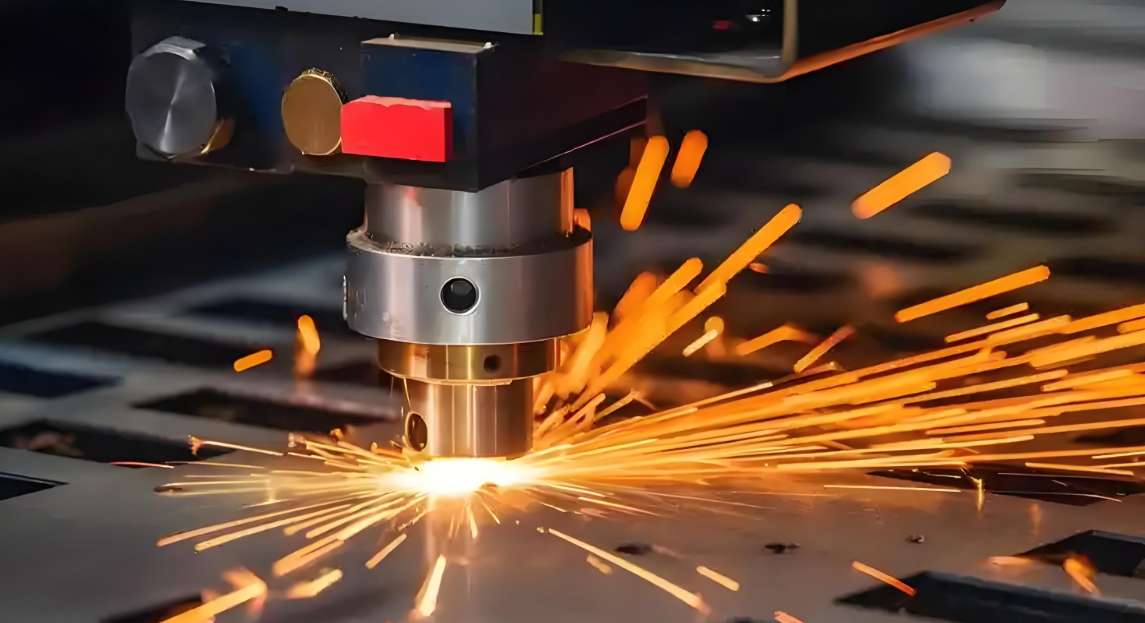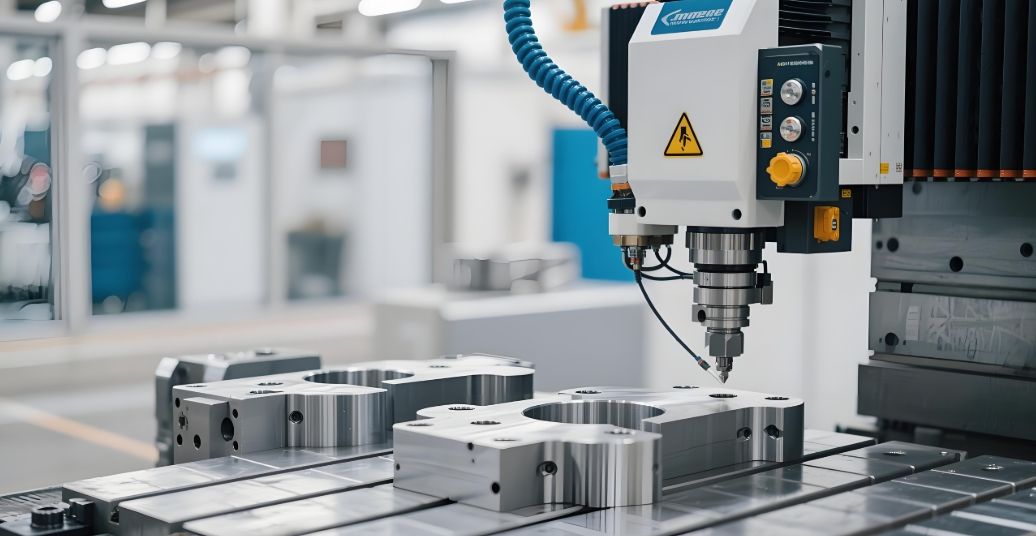
In high-density computing scenarios, the stable operation and efficient maintenance of liquid cooling systems rely on the precision support and protection of core components. Brackets and shrouds, serving as the "skeleton" and "armor" for liquid cooling pipes and connector modules, directly determine the system's reliability and maintenance efficiency in complex environments through their machining precision, material compatibility, and functional integrity.
Machining aluminum alloy/titanium alloy brackets represents a technical challenge in balancing lightweight and structural strength. The thermal conductivity advantages of aluminum alloy and the corrosion resistance of titanium alloy each play to their strengths in high-density environments. Relying on CNC precision machining, the complex support structures of the brackets are precisely formed through multi-axis milling—from the mating surfaces with the server motherboard to the connection points with the cold plates, every geometric feature is strictly controlled within micron-level tolerances. The CNC tapping process creates consistent thread interfaces for the brackets, and countersunk hole machining enables the concealed installation of fasteners: this not only reinforces the structural integrity but also lays the foundation for tool-free quick-disconnect connections. This combination of processes ensures that the brackets maintain connection stability when subjected to pipe vibrations, building an anti-vibration support network for the liquid cooling modules.

The machining of shrouds needs to balance functional protection with spatial compatibility. Customized shrouds for pipe layouts must reserve ventilation slots and inspection windows within limited space. The precise path planning of CNC milling allows the shroud to closely envelop key connector modules without impeding heat dissipation. The surface treatment of aluminum alloy shrouds and the lightweight design of titanium alloy shrouds are completed in the CNC post-processing stage, with the bond strength between the protective layer and the structural body repeatedly verified to further enhance anti-vibration performance.
From material selection to process implementation, CNC technology runs through the entire manufacturing process of brackets and shrouds: the consistency of tapping thread depth and the precision of countersunk hole diameters are strictly calibrated in the automated machining process. This precision manufacturing capability not only meets the stringent requirements for space utilization in high-density scenarios but also, through quick-disconnect structure design, transforms maintenance operations from "cumbersome and time-consuming" to "efficient and responsive"—allowing system maintenance to be completed in just a few minutes, yet providing years of reliable operation.
As liquid cooling technology evolves towards higher densities, the precision machining of brackets and shrouds forms the underlying support for system reliability. We continue to deepen our expertise in the machining of aluminum and titanium alloys, focusing on process details such as tapping and countersinking, to create structural components for liquid cooling modules that combine anti-vibration performance with maintenance efficiency. To explore more possibilities of precision manufacturing empowering liquid cooling systems, please visit www.simituo.com.